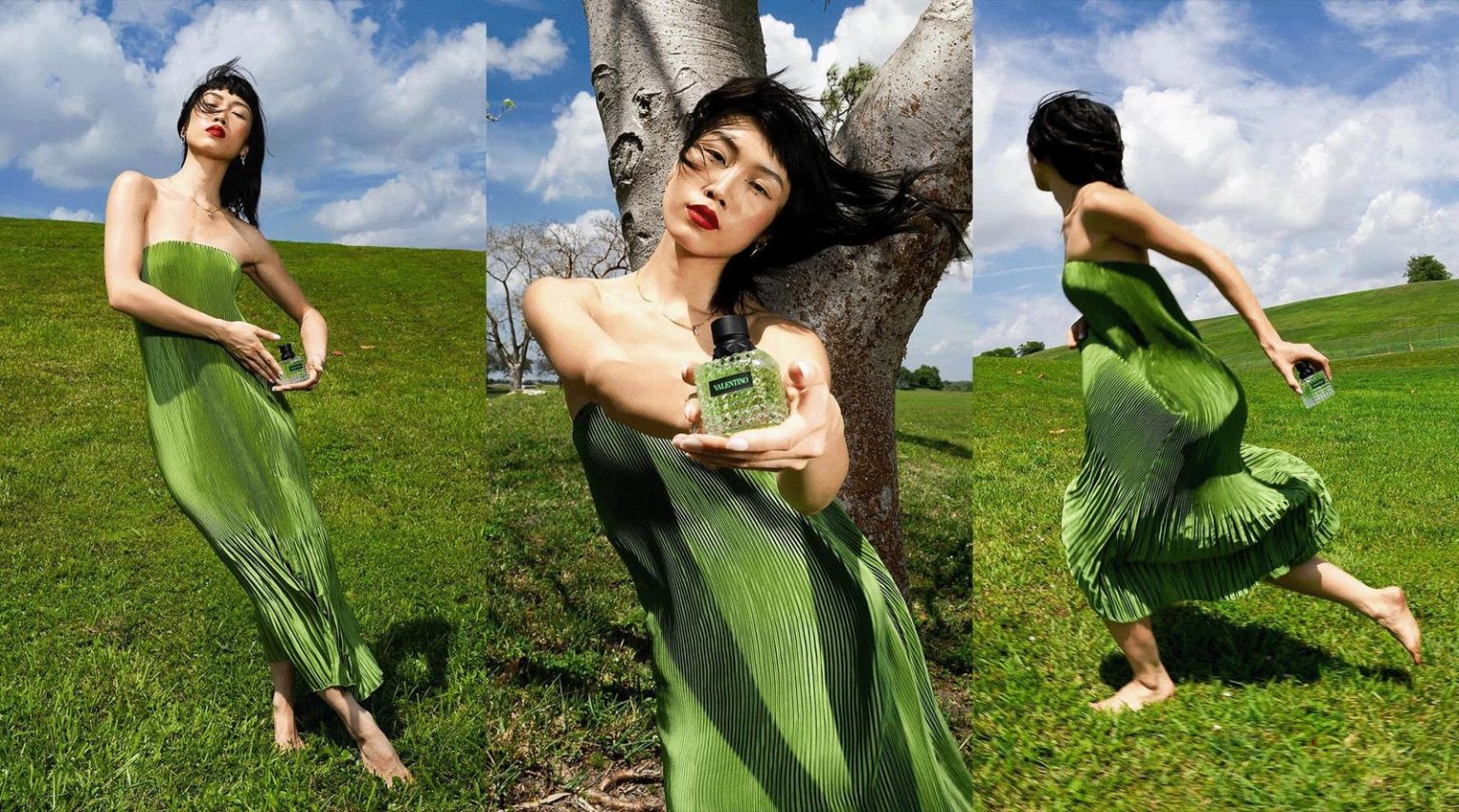Fragrance is more popular than ever. In the U.S., where the daily fragrance habit is still nascent compared to Europe, prestige scents grew by 12% last year, with high end brands outperforming less expensive types.
“Doubling, doubling, doubling our revenue, our output and our staff from 2021 to 2023. Our belief in creator marketing turned into a playbook of how to do it right and how to do it best,” said the web site of Buttermilk, which calls itself a community-first creator agency.
“You think about that creative direction and what it means from an influencer perspective,” said Jamie Ray, founder and CEO of Buttermilk. “We worked with thousands of creatives that embodied that. They were very out there. We called them the Mugler Mafia [Mugler is a client.] The content was very provocative, very avant garde, super sensual and the creative direction captured a mood and a feeling. Even though someone couldn’t smell it, if I’m the consumer, I understand exactly what that fragrance represents. It’s more effective than the billboard of Kate Moss. You can actually tell a story.”
While Ray doesn’t regularly hire stars for content, he said, “There is a place for bigger talent that has that intangible, ‘Wow,’ factor. That can be coupled with a broader strategy that feels more authentic, more grass roots. You need to know how this fragrance exists within your life. I understand Gen Z. I buy fragrance and it’s not just about how it smells, it’s about my lifestyle. How does that fit in my shelf.”
Ray understands what the niche brands he’s helping to develop need. “We knew that influencer marketing was a new but effective way to achieve marketing ROI, but we had a lot of influencing to do before our first clients believed it too.”
It’s not always easy to be a huge player. “Sometimes its hard for the big conglomerates like Unilever and Coty,” Ray said. “It’s hard to reinvent yourself. They’re not built to be agile. A lot of the time, they’re acquiring these brands because they’re acquiring their identity as well. They’re also buying their reputation and an audience that’s built around the brand.”
Ray, who is based in London, said, “One of the biggest and most interesting markets for fragrance is the Middle East. The luxury sector is positively booming. It’s such a fertile ground. In China, the luxury sector is stagnated, if not in decline. A lot more eyes are going to the Middle East.”
Fragrance is a luxury item, but its price isn’t excessive, Ray said. When Buttermilk does its work for Prada, it allows consumers to have a taste of Prada for under $200. “You don’t need to go to a department store and buy a $3,000 handbag,” Ray said. “You get that taste of luxury for a much lower price. When you think of those fashion houses, that have moved into the beauty space, fragrance is always there. They can bring that Gen Z consumer into their wheelhouse without having to spend an horrendous amount of money. It allows those brands to work with new audiences and capture that younger Gen Z customer.”
Read the full article here





